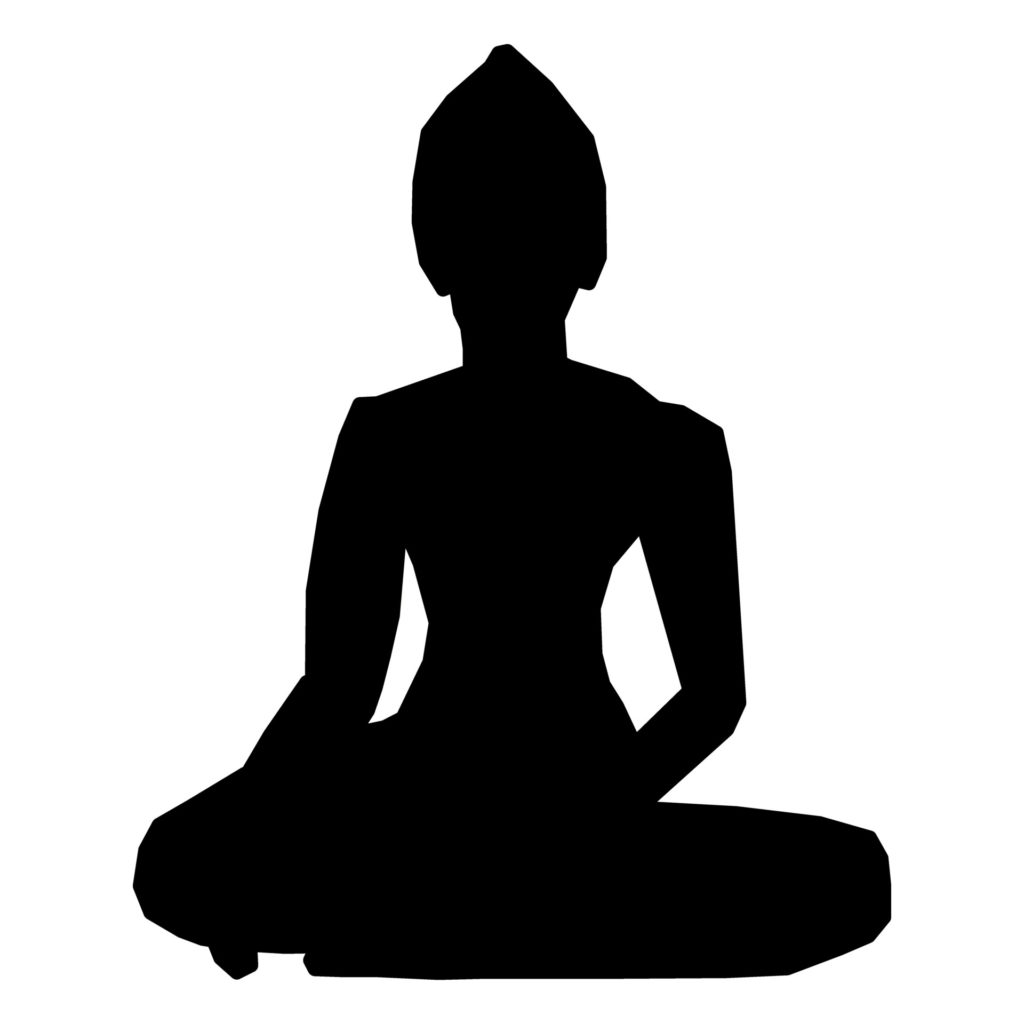
“All of humanity’s problems stem from man’s inability to sit quietly in a room alone.”
These words were written by Blaise Pascal over 400 years ago. He was a distinguished French mathematician, physicist, inventor, writer and Catholic theologian.
Pascal was most definitely not a Dr. Fauci or Dali Lama in a time of global novel coronavirus pandemic and panic. But this French genius polymath really understood the human dilemma.
Our mind does not like to be quiet enough to hear what that “small still voice” within us has to say.
We will do literally anything to avoid spending time observing our own thoughts without the usual chronic chatter, commentary, regrets, resentments, self-pity, and big definitive opinions on everyone and everything.
The most basic economic and public health truths about the Cv19 scourge is that a large portion of the American public needs to sit quietly at home for an extended period of time while essential workers do what needs to get done.
This sidelined group includes furloughed and fired workers, seniors over 60, children and teenagers, cancer patients receiving chemotherapy, and the disabled.
We are talking about at least 120 million Americans, which is about 30% of the total national population. These are mind-numbing numbers.
The best guess by social scientists is that approximately 75% of Americans are primarily extroverts. They like to party, gossip with friends, and spend the bulk of their waking hours interacting with others.
Although America’s historical roots are to be found in isolated farms, small villages, and “home on the range”, that was a long time ago.
Currently, around 94 million Americans live adjacent to the Atlantic Ocean, Pacific Ocean, and Gulf of Mexico. Add in the large inland metropolises of Chicago, Dallas/Fort Worth, Phoenix, Denver, and over half the country is decidedly urban.
For these metropolites, social life often centers around stadium sports, concert halls, parks, mega-churches, shopping malls and restaurants, crowded beaches and waterfronts, and over-crowded highways.
Now government authorities have shut down virtually all public venues. Citizens have also been sternly advised not to congregate in groups of more than 10.
Without Facebook, YouTube, Google, Cable TV, and all the delectable diversions to be found in cyberspace, much of our population would literally being going mad from the social isolation.
But there is a viable solution to the emotional difficulties often associated with both too little in-person social interaction and too much digital media consumption.
It is Mindfulness Meditation.

In the end, we all have to live in our own mind and body as they are. And learn to accept what cannot be changed in the present moment.
Please consider adding a 10-minute meditation practice, twice a day, to your schedule. It will tend to make you more cheerful, more centered, and less emotionally reactive to disturbing news and stimuli.
Many hours spent hiding in front of a glowing screen can create mental dullness and needless ennui. We will need our personal reservoir of untapped psychological strength for the uncertain and challenging days ahead.
Below are several web links to meditation resources that I have found insightful and helpful.
Meditation in an emergency: A podcast with Sam Harris
Guided Mindfulness Meditation with Jon Kabat-Zinn
Wherever You Go There You Are by Jon Kabat Zinn
Healing from Within: Jon Kabat-Zinn (PBS/Bill Moyers)
